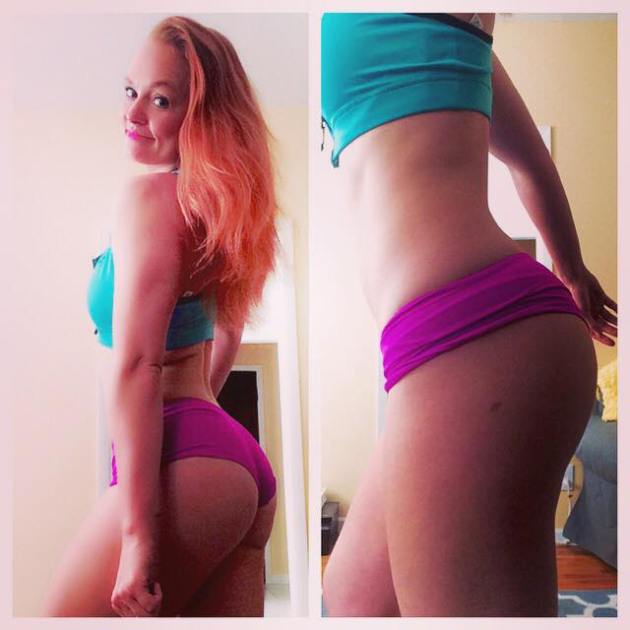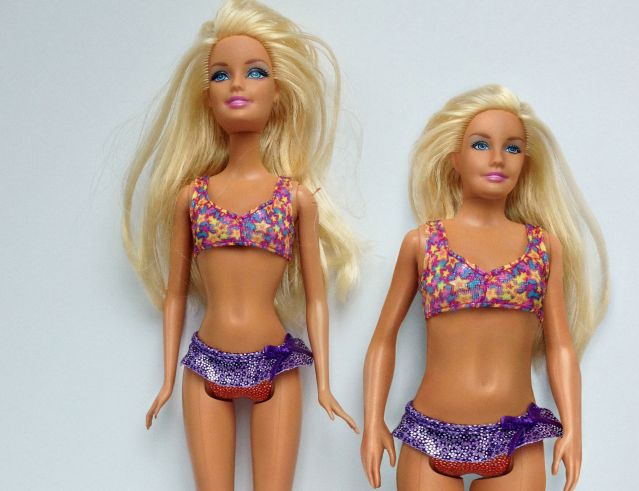One of the things social media and tabloids have become exceptionally good at doing, is criticizing celebrities’ bodies. As Britney put it in her song Piece of Me, “I’m Mrs. she’s too big now she’s too thin”. Going from the standard weight loss/weight gain situation and baby watch, people have become incredibly blunt in expressing their opinion on another person’s body and criticizing it in any possible way they know. Let’s take Kim Kardashian for example. Her latest nude selfie has been stirring the crowds and creating mixed opinons. In response to some people calling her an attention seeker or a “slut”, Kim K posted yet another selfie, this time with actress and model Emily Ratajkowski.
Putting aside the fact that this was another nude selfie, this picture is a demonstration of self love and how every woman is different yet beautiful in her own way. Here, we have two women with very different bodies: Ratajkowski is quite slim, fit and tall, opposite to Kardashian, whose voluptuous build is shown also by her short figure. However, they are both confident of their own bodies and are not afraid to show it.
Just a couple days ago, Glamour magazine got in trouble for re-running a previous interview they had done the year before with comedienne Amy Schumer, making her a part of their issue about plus size women who they consider inspiring, such as Adele and actress Melissa McCarthy. Schumer was infuriated, as she had not been told she was going to be featured, and felt highly judged by the magazine, vowing of not wanting to have anything to do with it if they considered her to be fat. She later posted a picture of the Glamour issue on Instagram and Twitter, with the following message as a caption:
Her message caused mixed feelings however, for while some people totally supported her message and complimented her on being brave for fighting the system, the Guardian reported that she was fuelling plus-size prejudice rather than fighting it and that her reaction was purely “self-regarding” and smacked with hypocrisy. The comedienne later posted yet another video on Instagram, this time of her running on a beach in a bikini:
Once again, the video sparked mixed feelings. Some women agreed with her, posting comments such as “As a size 10, I completely agree… I think it’s bs that anyone over a 0/2/4 is considered fat. Someone needs to go back in history and see how women looked back then. It was considered beautiful for a woman to have weight on her and have curves (like a woman should have). I grew my own breasts and made my own curves.. #igetitfrommymomma“. However, Schumer’s message was not considered inspiring at all, as she only told people that she was not to be considered a plus size, and that only sizes over 16 should be considered that. She did not say anything about self love, or that no matter what their size, women are beautiful.
After all of these mixed feelings, the bottom line is that not only as women we should be empowering each other to feel good about ourselves above looking good, but that it’s our duty to teach new generations to love themselves no matter what their size, because what truly matters in on the inside.

